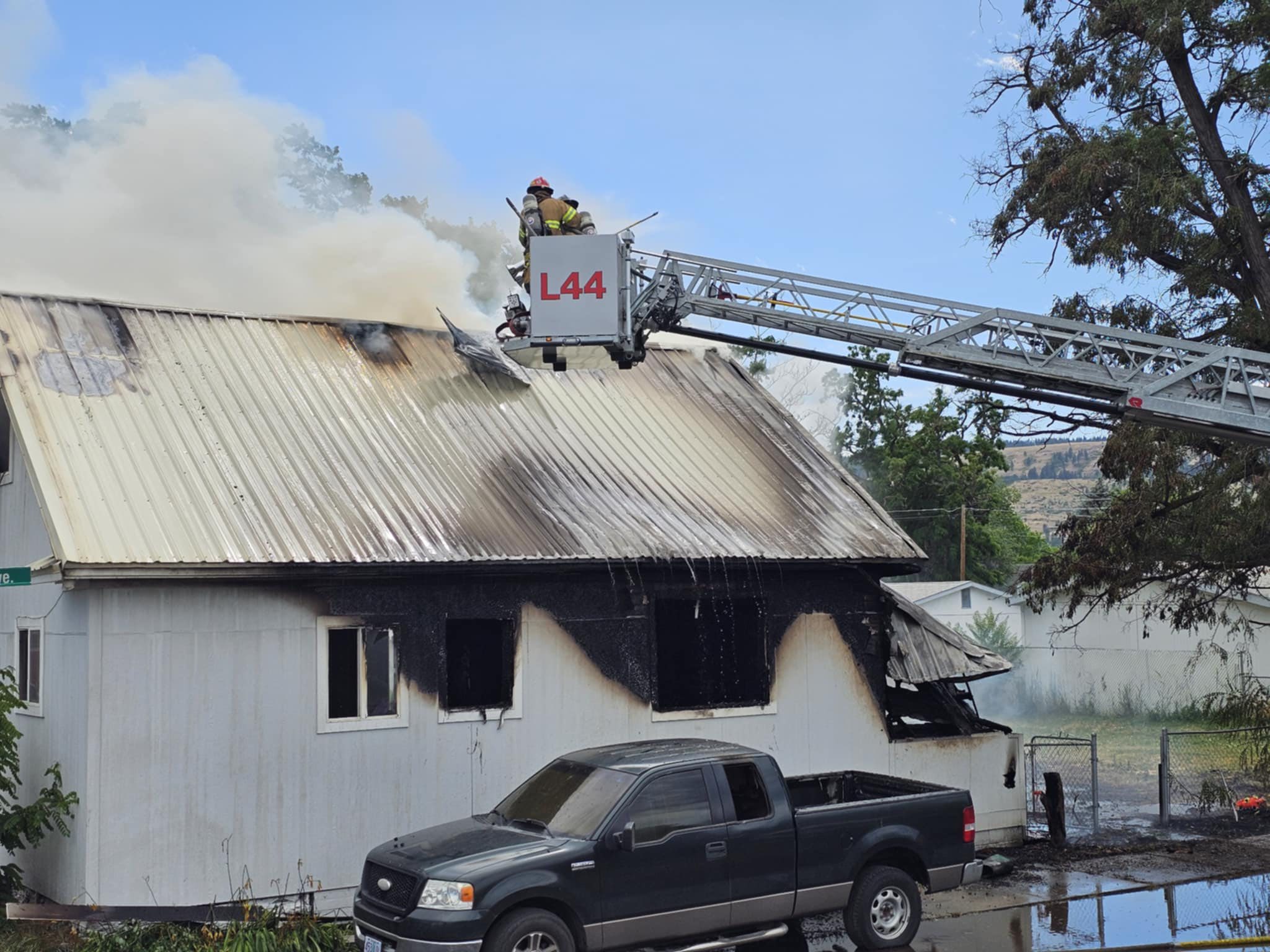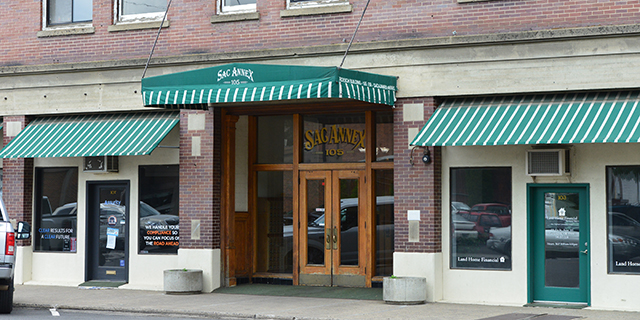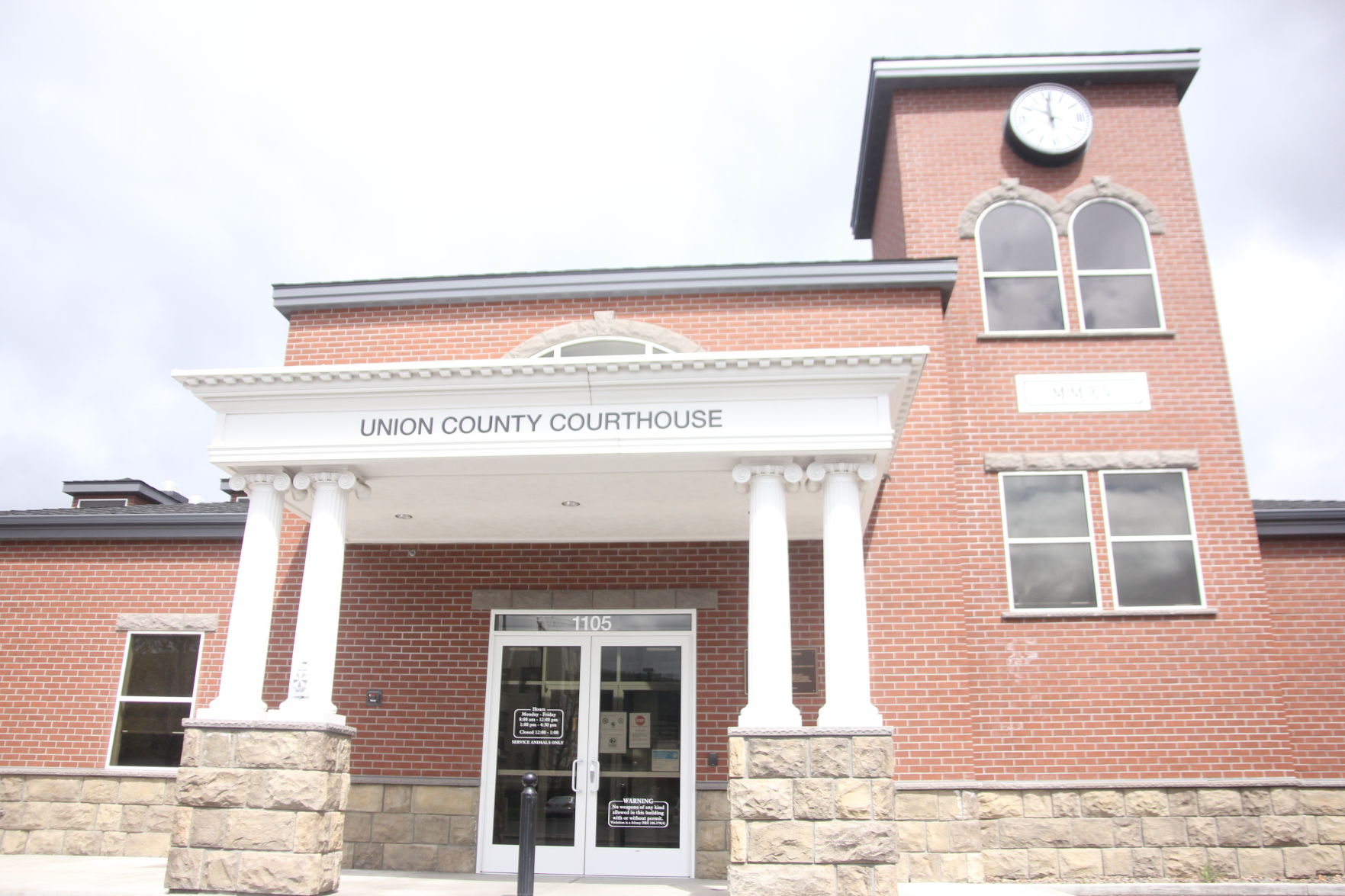USDA initiative aims at strengthening supply chain
Published 1:41 pm Monday, October 18, 2021
SALEM — A USDA loan guarantee initiative will address bottlenecks in the food chain exacerbated by the COVID pandemic, Agriculture Secretary Tom Vilsack said.
USDA is committing $100 million to leverage hundreds of millions more from community and private sector lenders to expand meat and poultry processing capacity and finance other food supply-chain infrastructure, the agency said in a press release.
The action is part of USDA’s Build Back Better Initiative, a comprehensive plan to invest $4 billion to strengthen the resiliency of the U.S. food supply chain while promoting competition.
It follows the Biden administration’s announcement earlier this month of steps it is taking to address concentration in the meat-processing industry, adding a new commitment of $100 million in loan guarantees on top of the previously announced $500 million investment to expand meat and poultry processing capacity.
“COVID-19 revealed vulnerabilities in our food system. As we build back better, we must create more, better and fairer markets that enhance competition and create economic opportunity across America’s agriculture and food supply chains,” Vilsack said.
“This is another meaningful step in our efforts to act on lessons from COVID19 to build a food system that is fair, competitive, distributed and resilient where a greater share of the food dollar goes to those growing, harvesting, processing and preparing our food,” he said.
USDA will use the $100 million from the American Rescue Plan Act to attract millions more in lending for working capital, facilities, equipment and other investments.
The loan guarantees will help to start or expand businesses that aggregate, process, manufacture, wholesale or distribute food, address supply-chain bottlenecks and increase the resiliency of the food supply chain, USDA said.
National Cattlemen’s Beef Association said it supports USDA’s action to prioritize the expansion of beef processing capacity and dedicate more resources to build a more resilient cattle industry.
“Our number one goal at NBCA continues to be opening up new opportunities for cattle producers to be profitable,” said Ethan Lane, NCBA vice president of government affairs.
“The pandemic accentuated a number of vulnerabilities within our supply chains — chiefly the choke point at the meatpacking sector, which has resulted in unsustainable prices for cattle producers and increased the cost of beef for consumers,” he said.









